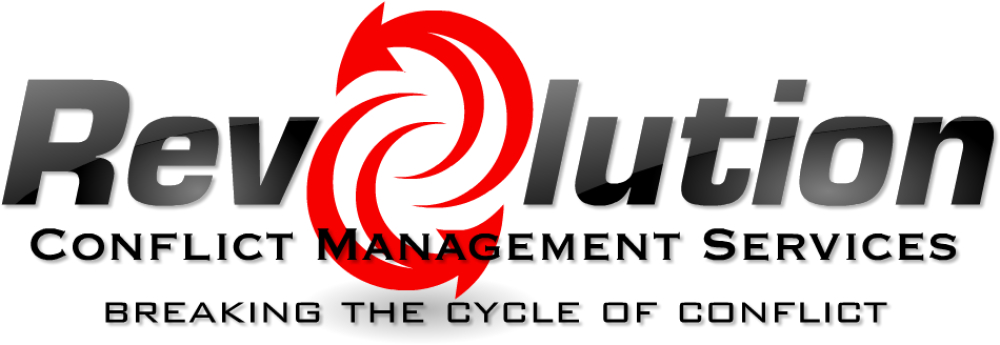The key to being assertive rather than aggressive lies in understanding the difference between the two.
Being assertive typically means that you are confidently standing firm in defence of your needs, rights or position. You believe that your position is the right one and that it can stand on its own merits.
Being aggressive on the other hand requires you to attack other positions and points of view in order to tear them down and make your position appear stronger.
A great example of people who use both tactics are politicians. This is especially true during election campaigns. Each political party puts together a platform which they try to sell to the voting public as the best option for their city, state, province, country, etc. In order to persuade the public to vote for them, politicians promote the benefits of their platform, while also attacking the other party’s platforms. They also spend a considerable amount of time defending themselves and their platform from their opponents attacks.
When they are touting the benefits of their platform and defending it against their opponents, they are using assertiveness. “Our platform is the best because…” When they’re attacking their opponents platforms, they are using aggression. “Their platform will lead to failure because…”
If you clearly understand the difference, then you will be able to assess your behaviour to see what category it falls into. Is what you intend to do focused on criticizing or devaluing someone else or their position? Or will you be defending and promoting yourself and your position?
Avoiding aggression and using assertiveness instead is sometimes called “taking the high road”. It is the favorable approach ethically, but whether or not it will be most effective at achieving your goals is less certain. At the end of the day, we all have to live with the choices we make. Personally, I would rather take the high road and lose than use aggression and win. That’s a moral choice that I make, and it also helps me to be assertive rather than aggressive in any given situation.


